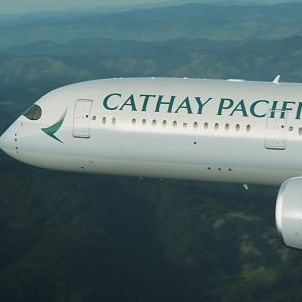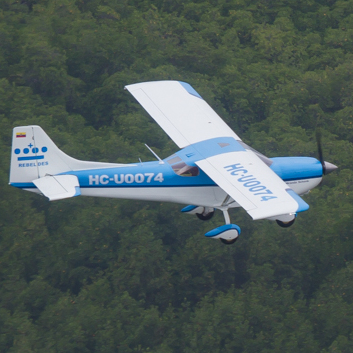sxf24 wrote:It’s the job of senior management to set but goals. If the goals would compromise safety or other values, it’s the responsibility of those tasked with pursuing the goals to speak up.
Agree.
sxf24 wrote:If there was someone at Boeing that told Forkner to minimize training differences at any cost, all of the investigations would have found that.
I don't have as much faith in the investigation as you are showing here, and I have a lot of faith in management weasels to be careful enough to not put blatant statements promoting profit over safety into written form. As someone wrote above, getting other people to take the risk for them is one of their key skills.
So, suppose we assume the statement about saving the company $1M/plane on the WN order was well known within the team. Suppose one or more of Forkner's bosses spoke of it at various occasions. Wouldn't that be enough to let Mark know his career standing would be impacted by his ability to save the company $1M by minimize training differences? And in turn isn't it something an investigator would not flag, it's just a statement about a contract, not an order to put profit over safety, right? Yes, this is the exact way management puts one's dangly bits into a vise.
Also, if Mark is walking around clearly stressed out by having to minimize training differences as BoeingGuy says, wouldn't an even average manager notice that, take him in his office and ask him why he's so stressed out, and in the end tell him safety comes first, don't even dare to sneak things past FAA, etc? Or does management notice his stress level and say to themselves, "of course he's stressed out, he's saving the company $1M/plane by sneaking things past FAA, thank god it's him not me" and let him get on with it? You know which scenario I'm voting on.
It's happened to me, with different circumstances and far lower stakes, but still, that's how management operates. Take a look at how the military works. The ones taking the most risk for the lowest pay are the privates. The brass gets better pay, command authority i.e. power, and lots more people to blame the higher you rise in the ranks. The key to survival is not being the one catching the blame.
sxf24 wrote:There’s a difference between placing blame and recognizing everyone has a responsibility to speak up. That’s how safety management system works and it’s appears (from lack of investigative findings) that neither Forkner, nor anyone around him, raised concerns with senior management.
If Forkner or anyone else spoke up, made their case respectively with data, and were ignored, senior management would be deserve attacks and those that spoke up should be protected.
Sounds pretty idealistic to me.
Suppose the facts in this case are as presented by the media, that Forkner discovers MCAS activation in the low speed regime during a sim session as the program is deep into flight test. He immediately realizes this has safety implications and needs to be communicated to the FAA. Yet it wasn't communicated to him!!! So now he would have to stop what he was already tasked with doing and prepare a presentation complete with data and go to war with management to get them to make the right communication of the change both internally and to the FAA? Of course it'd be a war, it's pretty clear from all the evidence DoJ gathered and Congress presented that Boeing was doing all it could do to hide MCAS. Forkner would be doing the right thing, but it'd be career suicide.
Easy for us to say that's what he should have done sitting at home behind our keyboards fully knowing the eventual outcome. In an ideal world I agree with you. In the real world I understand what Mark did or rather didn't do. I won't cover myself in glory by saying my approach has been to try to stay a worker bee and collect a (good) pay check and let others who want to move up the ladder take the risks to chase the rewards. It seems inevitable that you end up in a compromising position or two as you weave and dodge your way up the ladder. Seems like Forkner chose to play the game and ended up with the brown end of the stick. He has become the fall guy, just like an electrician puts a fuse in the circuit to blow when there's a short circuit. Works out well for the house and the occupants. Sucks to be the fuse, you end up burnt out and in the trash.
In the ideal world, you replace fuses with circuit breakers that can be reset when there's a fault, yet it seems Boeing still has old school wiring and IMO still needs to be rewired based on recent evidence (Calhoun statements about non-US pilots, employee survey saying designated representatives feel harassed and/or ignored, electrical grounding issues discovered after changes were in production for months, etc).







